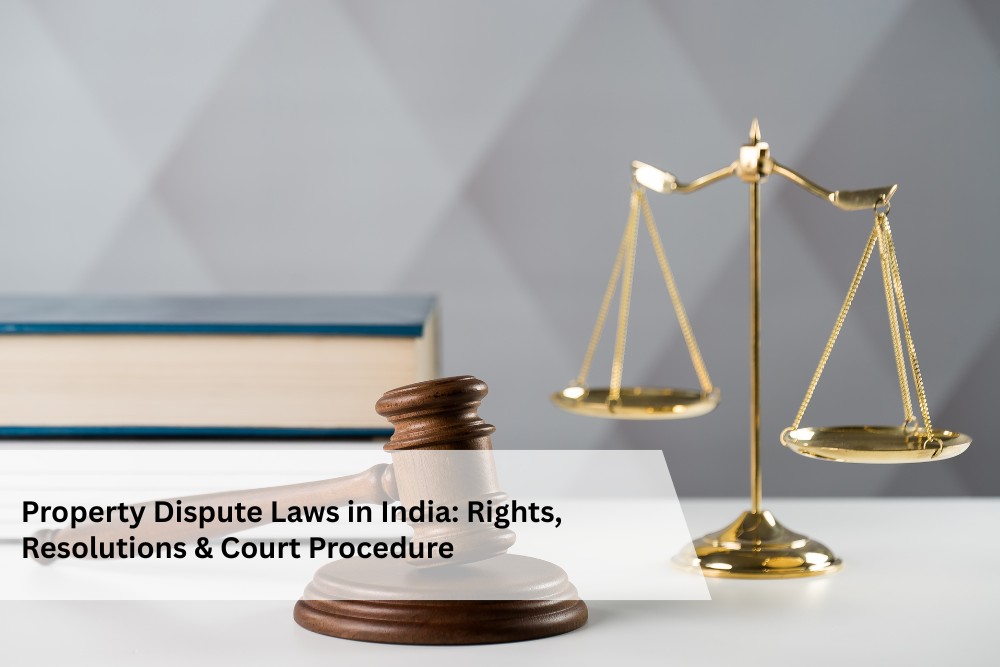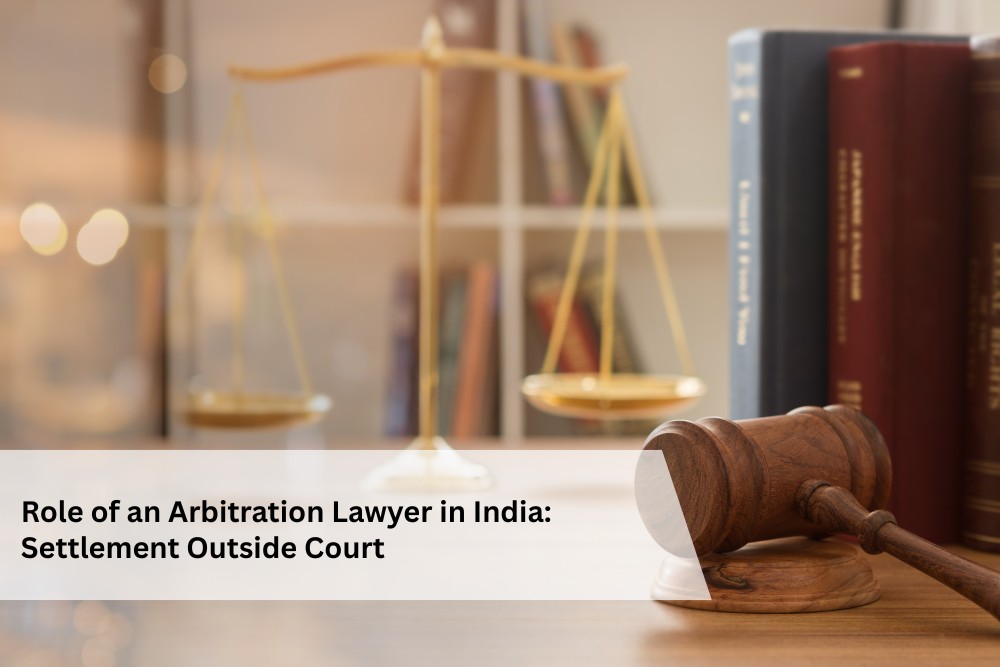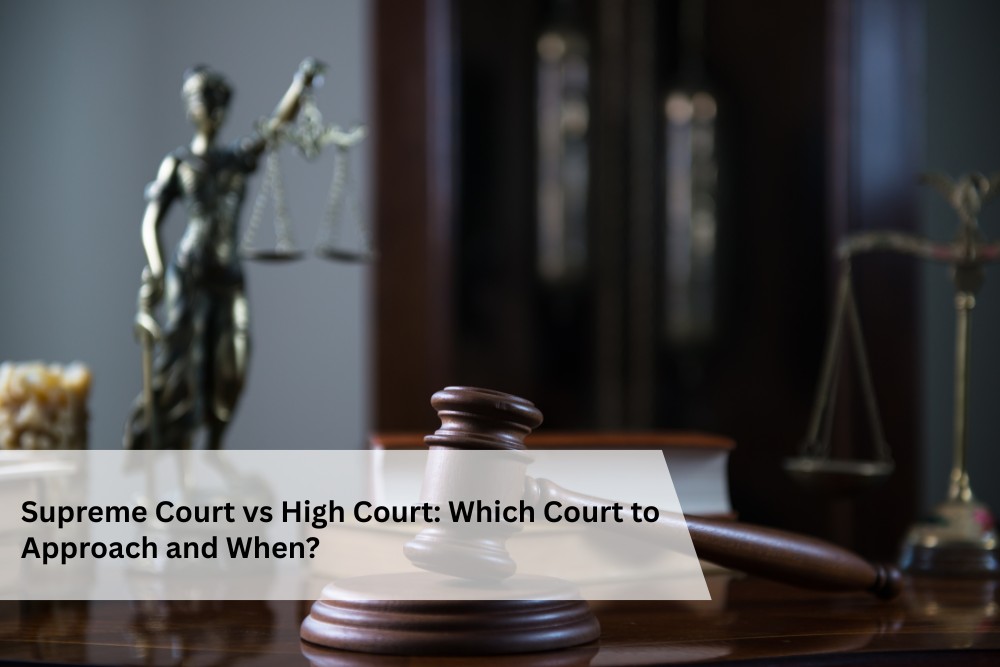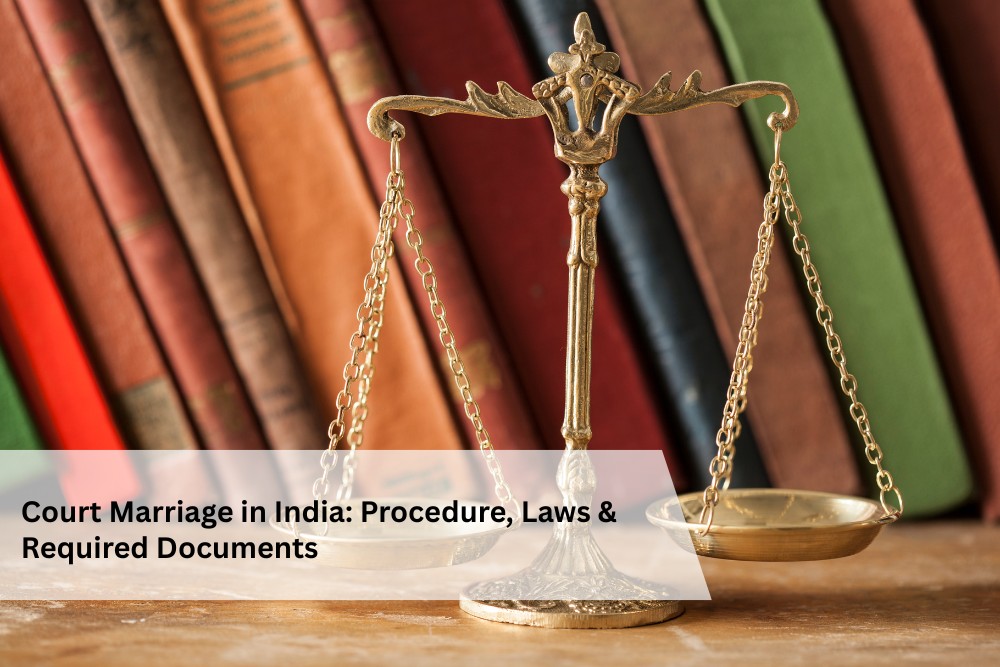
Property disputes are among the most common legal conflicts in India, affecting families, businesses and real estate investments. These disputes typically arise due to unclear ownership titles, illegal possession, inheritance conflicts, or breach of agreement. Understanding the legal framework surrounding property dispute laws in India can help individuals protect their rights and seek timely remedies.
Common Causes of Property Disputes in India
-
Partition among family members: Most family property disputes arise when legal heirs do not agree on the division of inherited or joint property.
-
Illegal possession: Encroachment or unlawful occupation of land or property.
-
Title disputes: When ownership documents are unclear or forged.
-
Builder-buyer disputes: Failure by builders to deliver property or fulfill project obligations.
-
Landlord-tenant issues: Non-payment of rent, eviction, or illegal occupation.
Legal Rights in Property Disputes
Indian laws recognize various ownership rights based on inheritance (ancestral or self-acquired property), purchase and possession. Key laws that govern property disputes include:
-
Transfer of Property Act, 1882
-
Indian Succession Act, 1925
-
Hindu Succession Act, 1956
-
Registration Act, 1908
-
Specific Relief Act, 1963
Legal heirs have the right to claim their share in ancestral property. In cases of self-acquired property, the owner can transfer it through a will or sale. Any violation of these rights can be challenged in court.
Resolution Methods for Property Disputes
-
Negotiation and SettlementParties are encouraged to resolve disputes amicably through family settlements or mutual agreements.
-
Mediation or ArbitrationIf mutual agreement fails, mediation through a neutral third party or an arbitrator can provide out-of-court resolutions.
-
Civil Court ProceedingsIf informal methods do not work, parties can file a civil suit in the appropriate district court.
-
Lok AdalatProperty matters involving small or family-related disputes may be settled quickly in Lok Adalats.
Court Procedure for Property Dispute Cases
-
Filing of a Civil SuitThe aggrieved party must file a plaint in a civil court with proper jurisdiction.
-
Submission of EvidenceLand records, sale deeds, registration papers and witness statements must be submitted.
-
Hearing and ArgumentBoth parties present their case, and the court examines evidence, witnesses and legal arguments.
-
Judgment and DecreeAfter hearing both sides, the court issues a final judgment. The decree can be enforced through legal means, including possession orders.
How BGD Associates Can Help
BGD Associates, based in Delhi, helps individuals facing property disputes by connecting them with experienced property dispute lawyers. Whether it's partition suits, encroachment matters, or builder-related conflicts, BGD Associates ensures proper case assessment and legal coordination across Delhi courts including Saket, Rohini, Patiala House and even the Delhi High Court.







This blog explains property dispute laws in India very clearly. Most people don’t realise how important proper documentation and early negotiation are until the situation becomes complicated. I really liked the part about choosing resolution methods before going to court — it saves time, money, and family relationships. In many real cases, even a <a href="https://legalsalhakar.com/property-dispute-mediation-lawyer-delhi-ncr/" target="_blank">Property Dispute Mediation Lawyer in Dwarka</a> can help settle matters peacefully without dragging them into long legal battles. Thanks for breaking down such a complex topic in simple terms.
Property disputes in India can be legally complex and emotionally draining, often involving issues related to ownership, inheritance, partition, or possession. This guide on property dispute laws in India breaks down the key legal rights of property owners, the available resolution mechanisms, and the step-by-step court procedures involved in resolving such conflicts. It also highlights the growing importance of mediation as a faster, cost-effective alternative to prolonged litigation. Whether you are facing a family property disagreement or a real estate conflict, consulting a <a href="https://legalsalhakar.com/property-dispute-mediation-lawyer-delhi-ncr/" target="_blank">Property Dispute Mediation Lawyer in Delhi NCR</a> can help you navigate the legal framework efficiently and work toward an amicable and legally sound resolution.